
Emergency contraception is the form of contraceptive pills used after an occurrence of unprotected sex, used in order to prevent pregnancy from taking place. These pills do not cause death or any health risks that surpass the benefits they provide. However, such pills, including Plan B, Next Choice or levonorgestrel, are not recommended for long term use, especially not by women who are at higher risk of stroke, blood clots, lung and cardiovascular problems or suffer from heart diseases. Yet, the chances of any problems appearing are greater when individuals use regular birth control pills than when emergency contraception is used.
Facts about Emergency Contraception and Its Safety
Sometimes, the doctor may want to decrease your levels of estrogen. Then, if you are using emergency contraception, he/she may recommend variants with progestin only.
Alternatively, you may opt for a copper T intrauterine device, being the most effective way of preventing pregnancy in the long run. Also, this device, when inserted during the first 5 days after the unprotected sex, provides about 99% chances of pregnancy prevention.
Side Effects of Emergency Contraception
If you use combined emergency contraception, chances of suffering from nausea are 50%, in comparison to 14% if you opt for progestin-only emergency pills. As for vomiting, 20% chances of this side effect happening await if you take combined pills while up to 6% of patients may experience vomiting with progestin-only variants. Yet, if vomiting appears within 2 hours after taking the pill, you are recommended to discontinue using such contraception.
As for preventing nausea, two tablets of Meclizine taken an hour before the emergency contraception will reduce chances of this side effect by 27% and vomiting by 64%.
If other side effects bother you every time you use emergency contraception, the intrauterine device may be the best choice for you. Headaches, fatigue, intermenstrual bleeding, breast tenderness, stomach pain, swelling of the ankles or delayed periods, all may appear as side effects of emergency contraception.
All in all, progestin emergency pills trigger less side effects and are more effective regarding pregnancy prevention.
On the other hand, the intrauterine device may also lead to side effects such as pelvic infections, even though the chances for these are small.
Finally, even though emergency contraception can be used even if unprotected sex occurs within 12 hours after the last dose, this type of birth control is not recommended to be used often. If you desire to remain protected in the long run, condoms, regular birth control pills, hormone injections, cervical caps or diaphragms are better solutions.




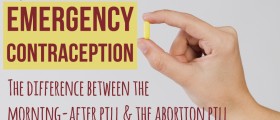
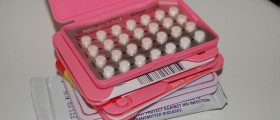
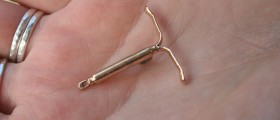
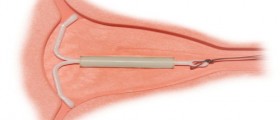


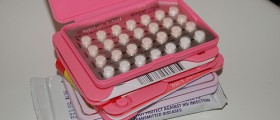
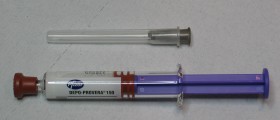


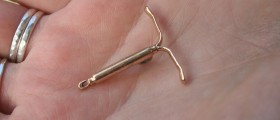


Your thoughts on this
Loading...